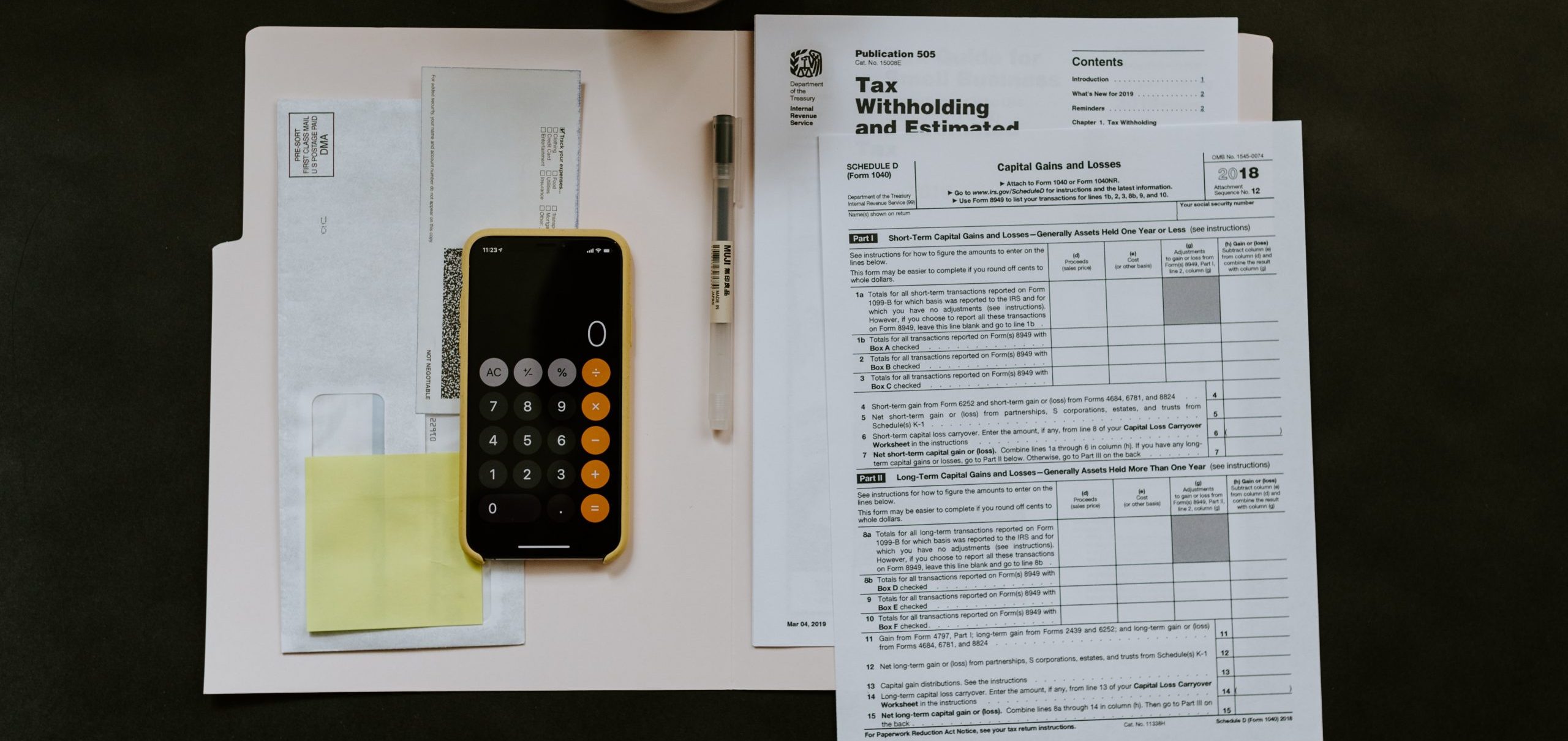Is divorce compulsory?

1. What is mediation?
Mediation is a method of resolving conflicts and disputes with the participation of a third party as a mediator to conduct persuasion and support to bring the best results.
2. Principles when conducting conciliation
When resolving a divorce, helping the couple to heal the broken relationship between the couple and ensure their rights and interests, mediation is the best and meaningful solution. very important meaning.
Accordingly, when conducting divorce mediation, it is necessary to rely on the principles specified in Clause 2, Article 205 of the 2015 Civil Procedure Code as follows:
– Respect the voluntary agreement of husband and wife;
– Do not use force or threaten to use force, forcing spouses to come to an agreement that is not in accordance with their will;
– The content of the agreement between husband and wife does not violate the prohibition of the law and does not violate social ethics.

3. Divorce requires mediation?
Currently, according to the provisions of the Law on Marriage and Family 2014, divorce mediation includes grassroots mediation and court mediation.
| Article 52. Encouragement of grassroots conciliation
The state and society encourage reconciliation at the grassroots when husband and wife request a divorce. Mediation is carried out in accordance with the law on grassroots mediation. Article 54. Mediation at Court After accepting the divorce petition, the Court conducts mediation in accordance with the civil procedure law. |
According to the provisions of Point c, Clause 1, Article 5 of Decree 15/2014/ND-CP dated February 27, 2014 detailing a number of articles and measures to implement the law on grassroots mediation: “Disputes arise from marital and family relations such as disputes arising from the relationship between husband and wife within the scope of grassroots conciliation”.
According to the provisions of Article 10 of the 2015 Civil Procedure Code: “The court is responsible for conducting conciliation and creating favorable conditions for the involved parties to reach agreement on the settlement of civil cases according to the provisions of law. provisions of this Code”.
According to the provisions of grassroots conciliation, upon divorce, mediation is not required at the grassroots level, but only encourages the parties to mediate to be able to resolve conflicts and conflicts between husband and wife.
However, after filing for divorce at the Court, conciliation is required in accordance with Article 54 of the Law on Marriage and Family 2014.
3.1. Mediation in Court in the case of unilateral divorce
According to the provisions of Article 205 of the 2015 Civil Procedure Code, in the case of a unilateral divorce, the conciliation shall be conducted within the time limit for preparation for the first-instance trial of the case. Accordingly, the Court conducts conciliation so that husband and wife can reach agreement on the settlement of conflicting and disputed issues.
| Article 205. Principles of conciliation
1. During the time limit for preparing for the first-instance trial of the case, the court shall conduct conciliation so that the involved parties can reach agreement on the settlement of the case. |
3.2. Mediation in Court in the case of an uncontested divorce
According to the provisions of Article 397 of the 2015 Civil Procedure Code, in the case of an uncontested divorce, the conciliation shall be conducted within the time limit for preparation for consideration of the petition for consensual divorce. Accordingly, the judge must conduct conciliation to reunite the husband and wife, explain the rights and obligations of husband and wife, between father, mother and child, between other family members, and about alimony and support obligations. other matters related to marriage and family.
| Article 397. Reconciliation and recognition of consent to divorce, agreement on child rearing, division of property upon divorce
1. During the time limit for preparing to consider the petition, before conducting conciliation for the husband and wife’s reunification, when deeming it necessary, the judge may consult with the state management agency in charge of family, the agency in charge of managing the husband and wife. State management of children regarding family circumstances, causes of conflicts and aspirations of spouses and children related to the case. 2. The judge must conduct mediation to reunite the husband and wife; explain the rights and obligations between husband and wife, between father, mother and children, among other family members, about alimony and other issues related to marriage and family. |
However, although conciliation at court is a mandatory procedure, there are 04 divorce cases where mediation cannot be carried out according to the provisions of Article 207 of the 2015 Civil Procedure Code:
| Article 207. Civil cases that cannot be conciliated
1. The defendant, the person with related interests and obligations, has been duly summoned by the Court for the second time but is still intentionally absent. 2. The involved parties cannot participate in the mediation for a good reason. 3. The litigant being the spouse in the divorce case is a person who has lost his/her civil act capacity. 4. One of the parties proposed not to conduct mediation. |
In addition, according to the provisions of Clause 1, Article 8 of the Law on Conciliation and Court dialogue in 2020, the parties participating in the mediation at the Court have the right to agree or refuse to participate in the mediation or to terminate the mediation. “.
Above is the advice of Khoa Tin Law on “Is a divorce compulsory mediation?”.
In case customers have unclear issues or need to discuss further, please call us immediately at 0983.533.005 for a free consultation.
Best regards./.
Latest news










